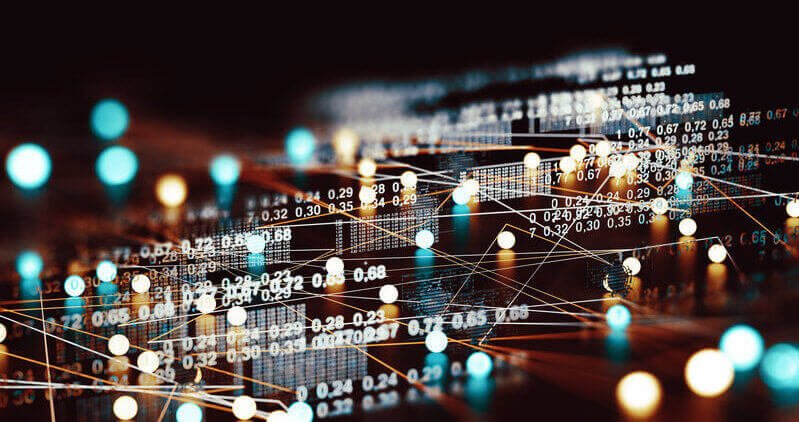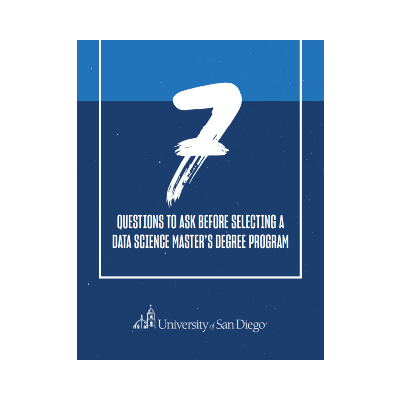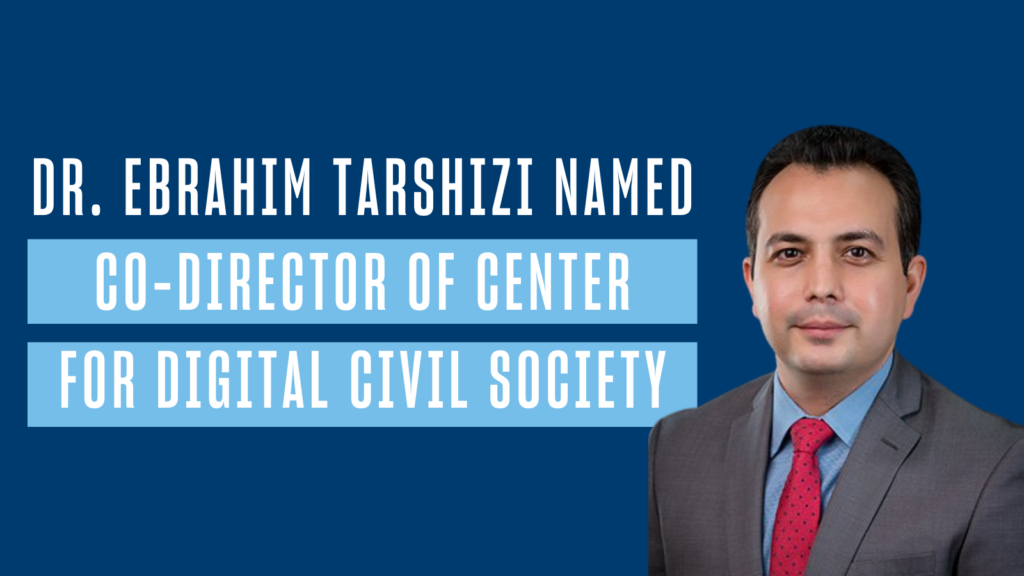Computer science sure has come a long way — from Charles Babbage’s analytical engine (1837) to Alan Turing’s Turing Machine (1936) to the smartphone supercomputers that most of us now carry around in our pockets.
Computer science has also given rise to data science, a 21st century branch of computer science that is changing the game for organizations across all sectors by transforming data into valuable business intelligence.
Today’s discussion topic — data science vs. computer science — invites an in-depth exploration of key similarities and differences, the benefits, real-world applications, and helpful career information.
Data Science vs. Computer Science [Definitions]
| DATA SCIENCE | COMPUTER SCIENCE |
| Techopedia
Data science is a broad field that refers to the collective processes, theories, concepts, tools and technologies that enable the review, analysis and extraction of valuable knowledge and information from raw data. Data science enables the use of theoretical, mathematical, computational and other practical methods to study and evaluate data. It is geared toward helping individuals and organizations make better decisions from stored, consumed and managed data. | Techopedia
Computer science is the study of both computer hardware and software design. It encompasses both the study of theoretical algorithms and the practical problems involved in implementing them through computer hardware and software. The study of computer science has many branches, including artificial intelligence, software engineering, programming and computer graphics. The need for computer science as a discipline has grown as computers become more integrated into our day-to-day lives and technology continues to advance.
|
| Brouton Lab & Thinkful
Data science is a branch of computer science that studies different kinds of data — structured, semi-structured, and unstructured. … Data science employs several technologies to read this data that include data mining, data transformation, and data purging. Data science exploits large amounts of data in the processes of understanding, prediction, exploration, and intervention.
| Brouton Lab
Computer science is the study of computer architecture — its design, and its application in science and technology. The application of computer science has multiple aspects and various technical concepts like software, hardware, networking, and the internet. Computer science is applied across many different industries, like architecture, design, and manufacturing. |
| GeeksForGeeks
Data science is basically a field in which information and knowledge are extracted from the data by using various scientific methods, algorithms, and processes. It can thus be defined as a combination of various mathematical tools, algorithms, statistics, and machine learning techniques which are thus used to find the hidden patterns and insights from the data which helps in the decision making process.
| GeeksForGeeks
Computer science can be referred to as the study of computers as well as computing concepts. It is basically the study of the processes which interact with data which is in the form of programs. It deals with the manipulation of the information by making the use of various algorithms. Thus computer science deals with the study of both hardware as well as software and other components like networking and the internet. |
Data Science vs. Computer Science [Differences & Similarities]
So, computer science is the overarching field focused on computers, how they work, and what they’re used for, while data science is an advanced, highly specialized field whose practitioners transform vast quantities of data into valuable insights that help companies run more efficiently and boost revenue.
Read on for a category-by-category comparison — and to learn more details about the two fields.
APPLICATIONS & USAGE
Data Science: From high finance and health care to manufacturing, cybersecurity, and more, data science empowers organizations with the ability to better understand and operate their organizations. InsideBIGDATA.com examines three ways that data scientists are using the tools of their trade to combat the global COVID-19 pandemic.
Computer Science: Likewise, computer science is not limited by industry or subject area. Not only does it have applications in virtually all aspects of business, as well as everyday life; it also provides the underlying foundation for how humans deploy computer technology.
BENEFITS
Data Science: In addition to fueling the move to smarter, data-driven decision making by a growing number of organizations of all types, data science affects our daily lives as well. One small example: Do you like receiving personalized recommendations for shows on Netflix or music on Spotify? Thank data science and artificial intelligence.
Computer Science: Do you like having access to the internet? How about using your home computer to communicate with friends and family, play games, pay bills, or write a novel? Perhaps you use your work computer to make a living. Bigger picture, computer science continues to improve the ability of people around the world to communicate and collaborate.
EDUCATIONAL INFORMATION
Data science: Advanced education is essential in data science. A Burtch Works report found that 94 percent of data scientists held a master’s degree and 43 percent held a Ph.D.
Computer science: If you are interested in pursuing a career in computer science, you will most likely need a bachelor’s degree to be competitive in the job market (You’ve also heard about super-bright computer technology innovators becoming tech CEOs without ever earning a degree, but these tend to be rare exceptions.)
SPECIALIZATIONS
Data science specializations include:
- Artificial intelligence
- Machine learning
- Predictive modeling
- Business analytics
- Data visualization
- Data engineering
- Natural Language Processing
Computer science specializations include:
- Computer and network security
- Web development
- Mobile and web computing
- Software engineering
- Information technology (IT)
- Database management
- Computer graphics
- Game design
INDUSTRIES
Data science: In addition to health care, financial services, and cybersecurity, key industry sectors with ongoing need for data scientists include:
- Government/Military
- Marketing
- Academia
- Media
- Retail
- Manufacturing
- Energy
The many additional areas now impacted by data science include: aerospace, travel, transportation, food, sales and service, agriculture, automotive, mining, field service, telecom, construction, and more.
Computer science: All
JOB TITLES
Data science:
- Data scientist
- Data architect
- Data engineer
- Data analyst
- Machine learning engineer
- Artificial intelligence engineer
- AI product manager
- Business intelligence analyst
- Marketing analyst
- Statistician
Computer science:
- Software developer
- Web developer
- Database administrator
- Computer systems analyst
- Computer network architect
- Computer hardware engineer
- Information security analyst
- Computer and information research scientist
- User interface designer
- Mobile app developer
JOB RESPONSIBILITIES
Data Science: As expected, job responsibilities may vary greatly depending upon the employer and the specific role. DataJobs.com describes data scientists as being focused on two primary areas:
- Discovery of data insight — “Diving in at a granular level to mine and understand complex behaviors, trends, and inferences … surfacing hidden insight that can help enable companies to make smarter business decisions.”
- Development of data products — “The classic example of a data product is a recommendation engine, which ingests user data, and makes personalized recommendations based on that data.” Other examples include Gmail’s spam filter and computer vision used for self-driving cars.
Additional job responsibilities may include:
- Working with stakeholders to identify opportunities for leveraging data to drive business solutions
- Mining and analyzing data to drive improved product development, marketing, and business strategies
- Developing custom data models and algorithms to apply to data sets
- Using predictive modeling to improve customer experiences, ad targeting, and overall revenue generation
- Developing processes and systems to monitor ongoing efforts
Computer Science: The range of job responsibilities in computer science varies more widely than that of data science; again, depending on the employer and the specific role. These include:
- Maintaining computer systems
- Installing new software for business applications
- Training people in how to use systems and new technology
- Evaluating and implementing technology solutions
- Miscellaneous IT services
- Information security duties
- Software development and deployment
- Collaborating with product, design, and marketing teams
[RELATED] Data Scientist Salary Guide — High Pay in an Exciting, In-Demand Field
SALARY DATA
Data Science: Data scientists are paid well for their efforts and their expertise. The U.S. Bureau of Labor Statistics lists a median salary of $103,500 per year for data scientists with the highest 10 percent earning more than $174,790.
Computer Science: The U.S. Bureau of Labor Statistics lists the following salaries for a variety of common computer science jobs:
- Computer network architect – $126,900
- Software developer – $124,200
- Information security analyst – $112,000
- Database administrator – $112,120
- Computer systems analyst – $102,240
- Computer programmer – $97,800
- Network and computer systems administrator – $90,520
- Web developer – $80,730
- Computer support specialist – $59,660
Choosing Between Computer Science and Data Science
As mentioned above, a master’s degree is practically essential to become a data scientist; a bachelor’s degree is strongly preferred for computer science. In addition to academic degree programs, there are also many training courses, boot camps, certification programs, and other professional development opportunities to further explore your interest or to position yourself for success in these in-demand fields.
When it comes to academic degrees, many current and aspiring computer scientists and data scientists look for a high-quality online program that enables them to continue working full time while earning their degree.
For example, the University of San Diego — a highly regarded industry thought leader and nationally ranked education provider — offers an innovative, online Master of Science in Applied Data Science that features a practical, cutting-edge curriculum taught by expert instructors.
Whatever path you choose, you can be confident that the fields of data science and computer science both hold the potential for a career that is personally, professionally, and financially fulfilling.




